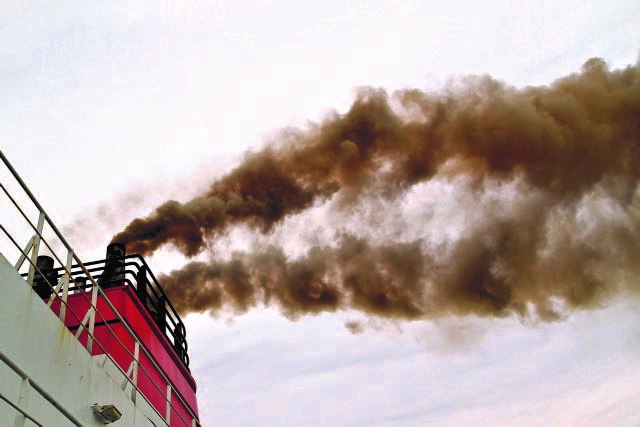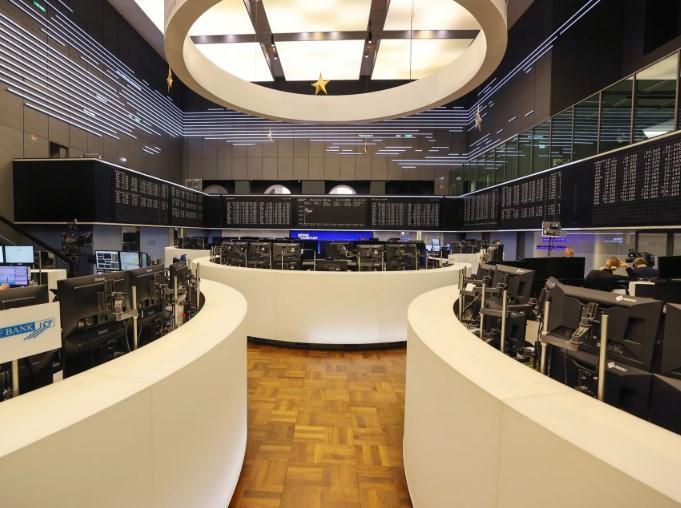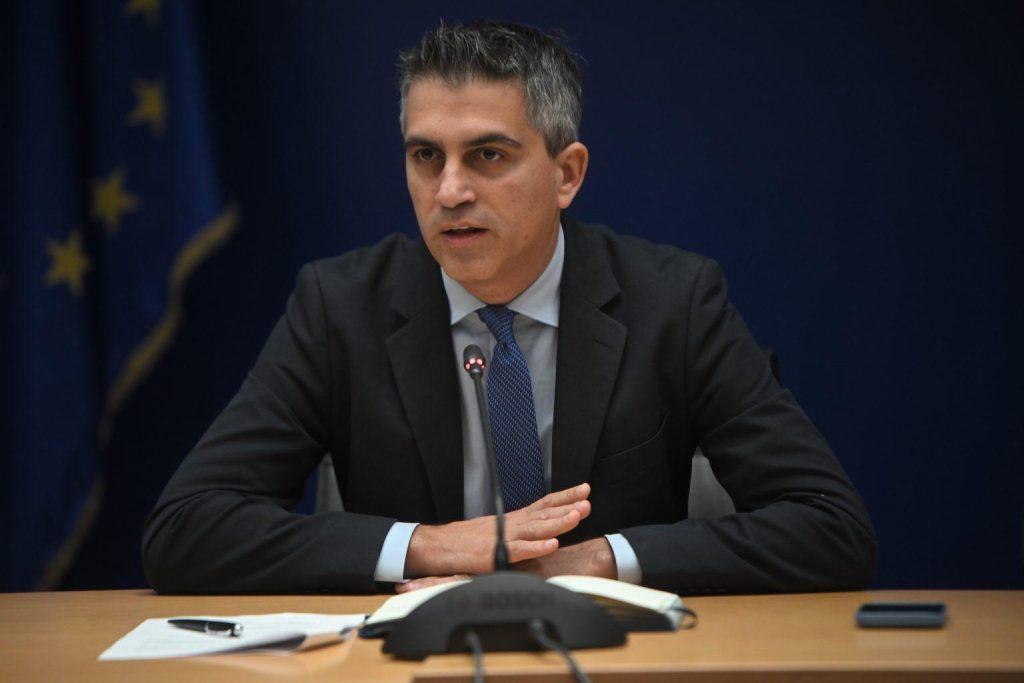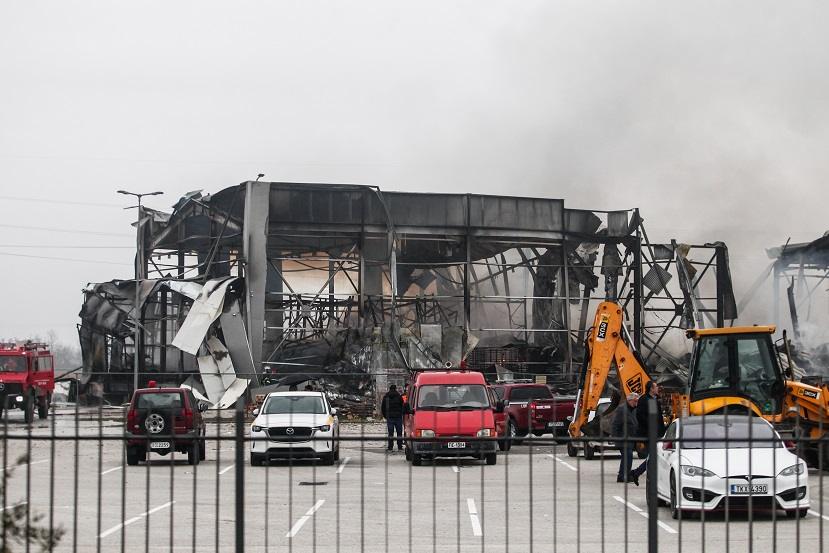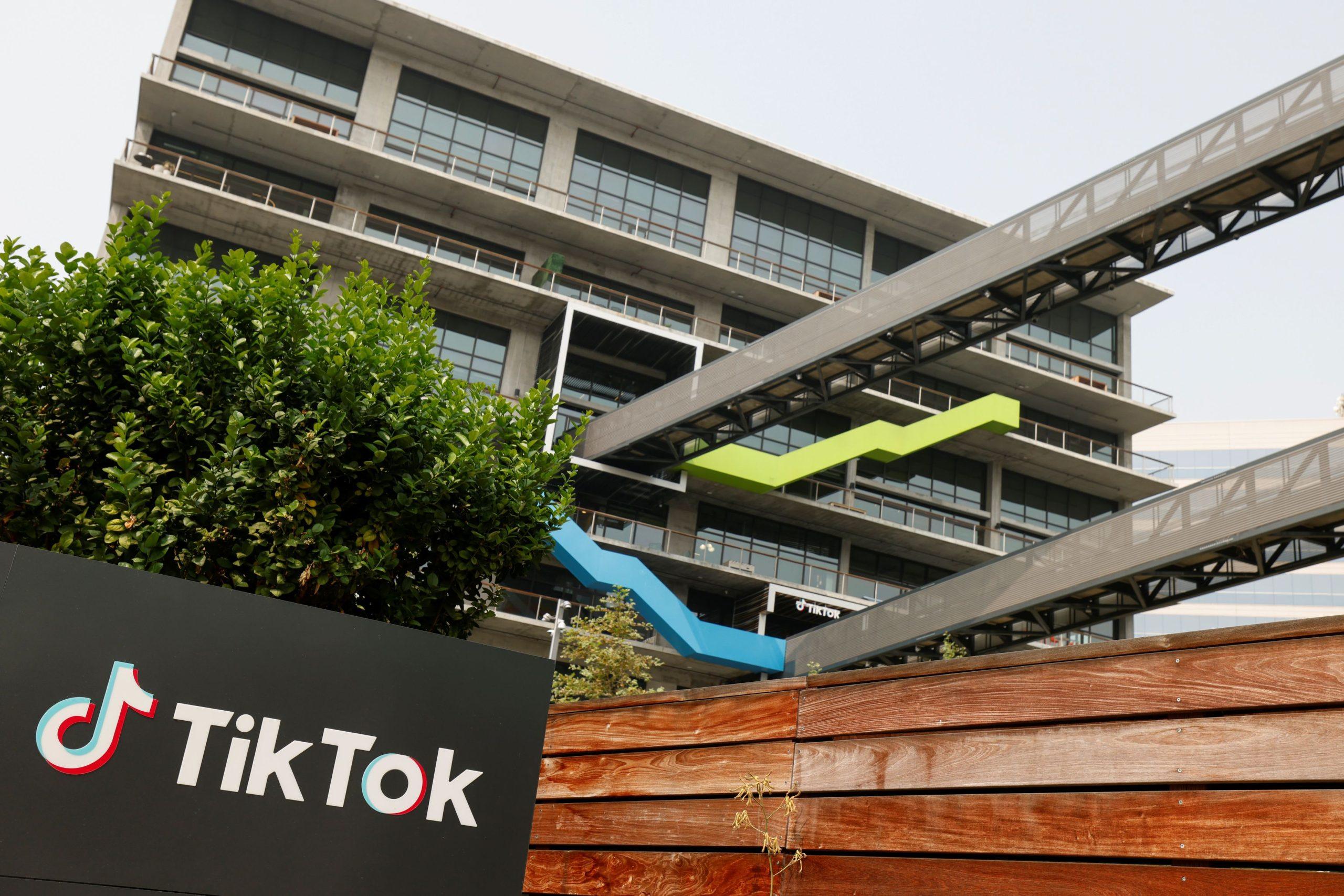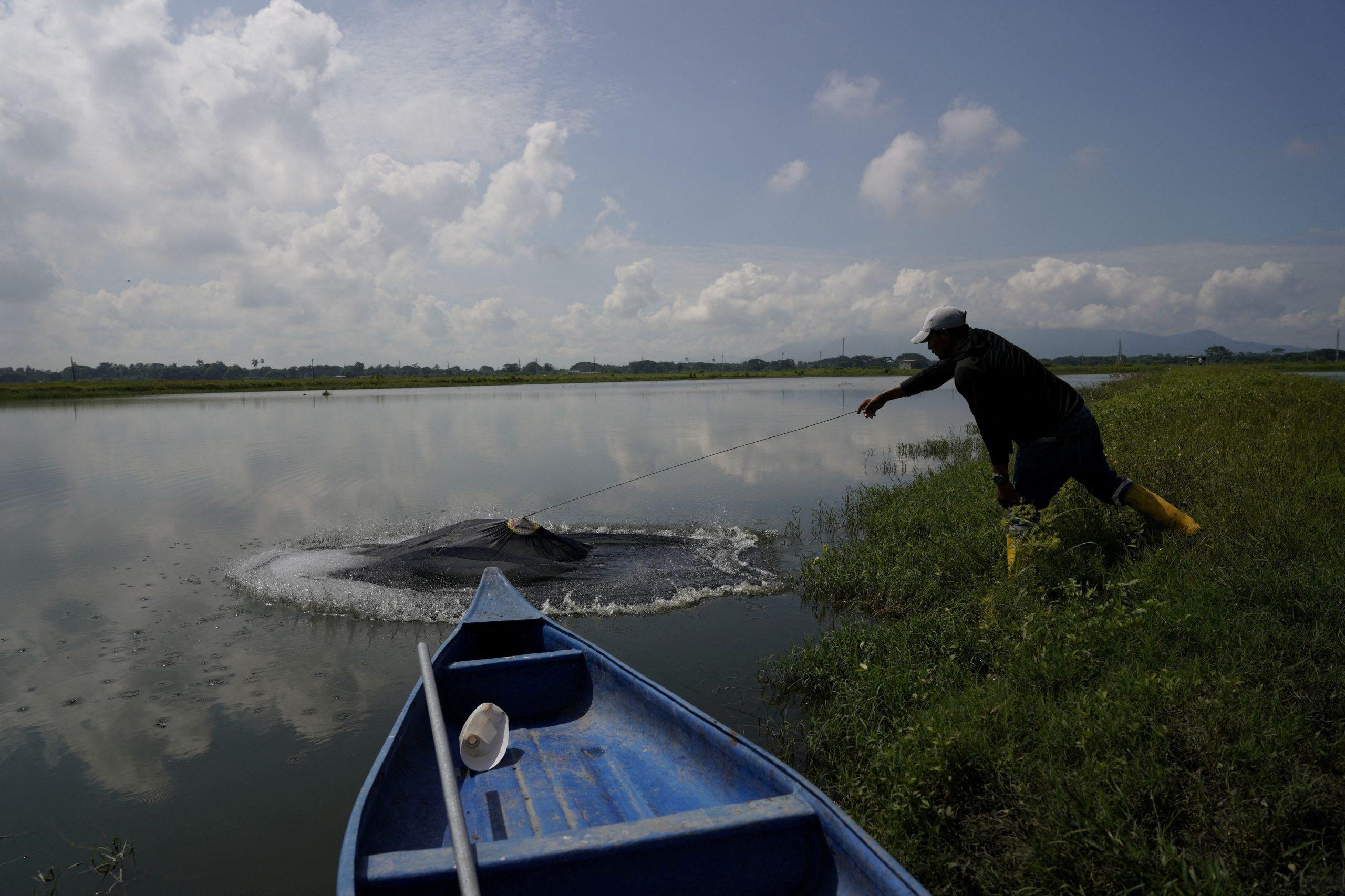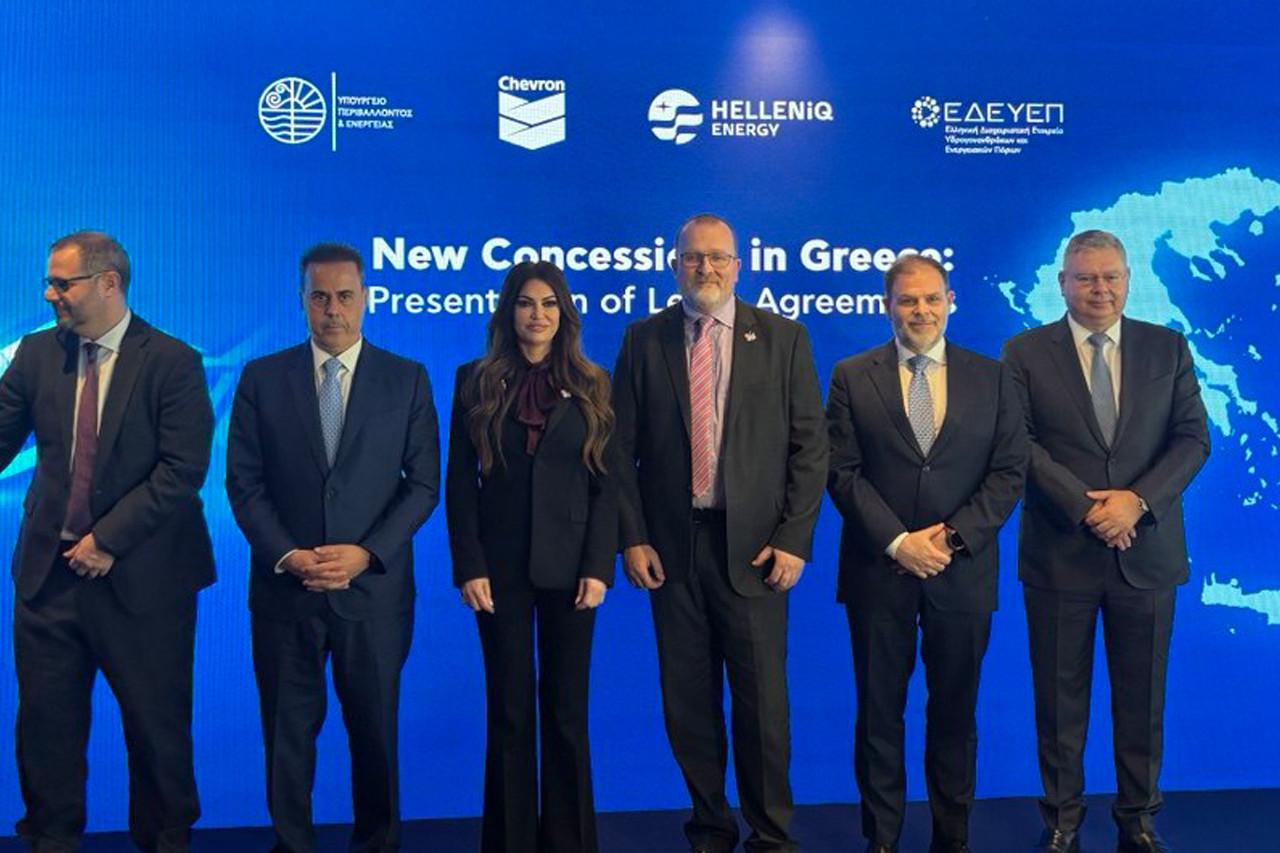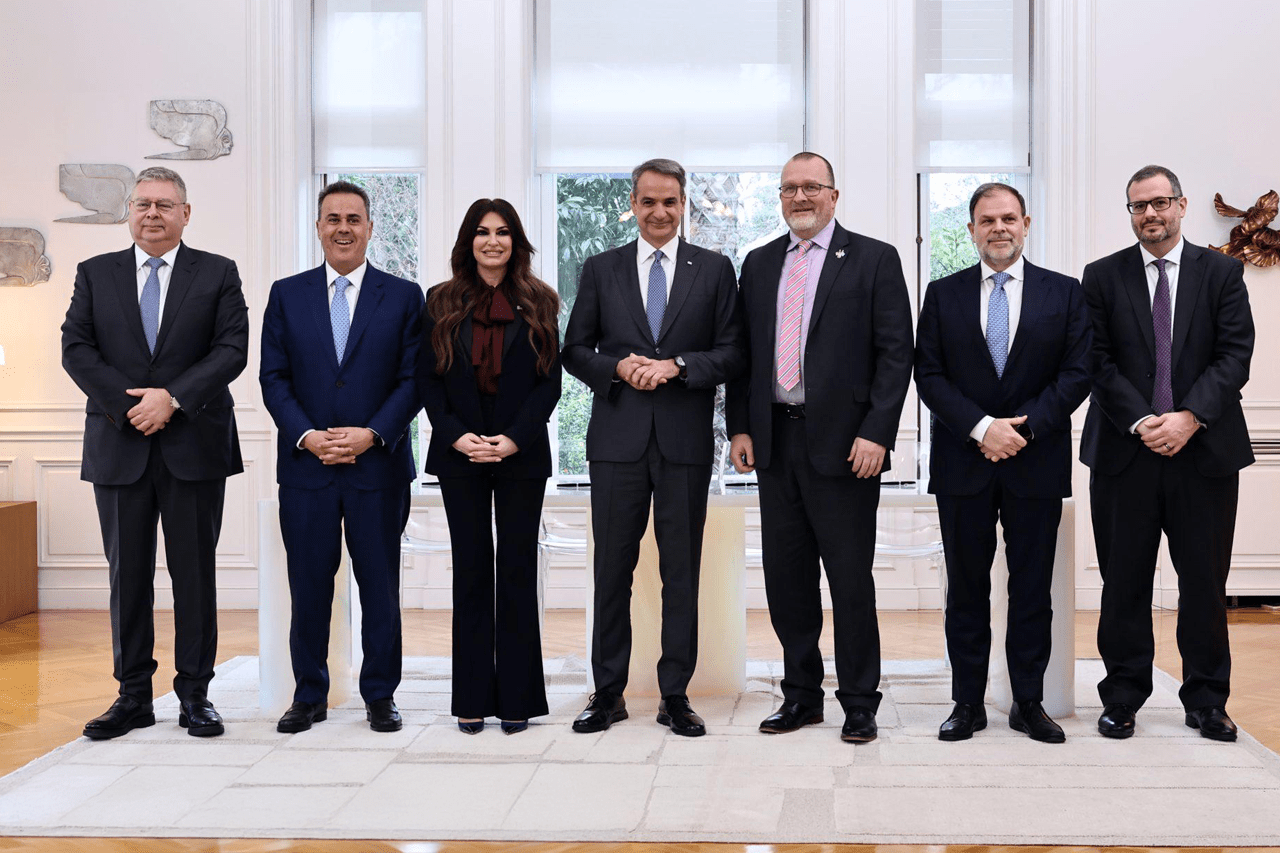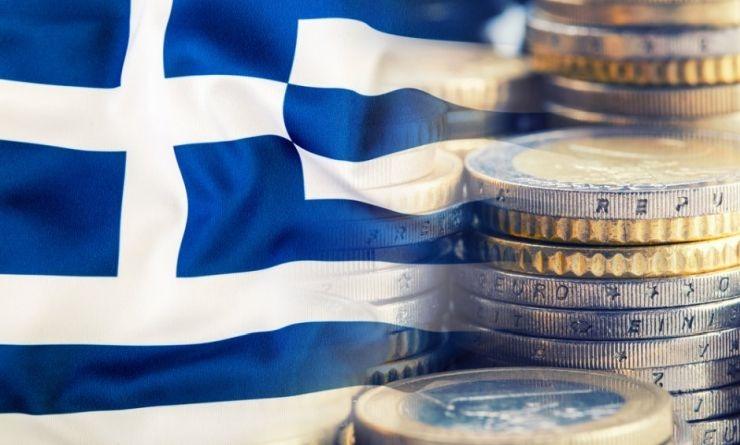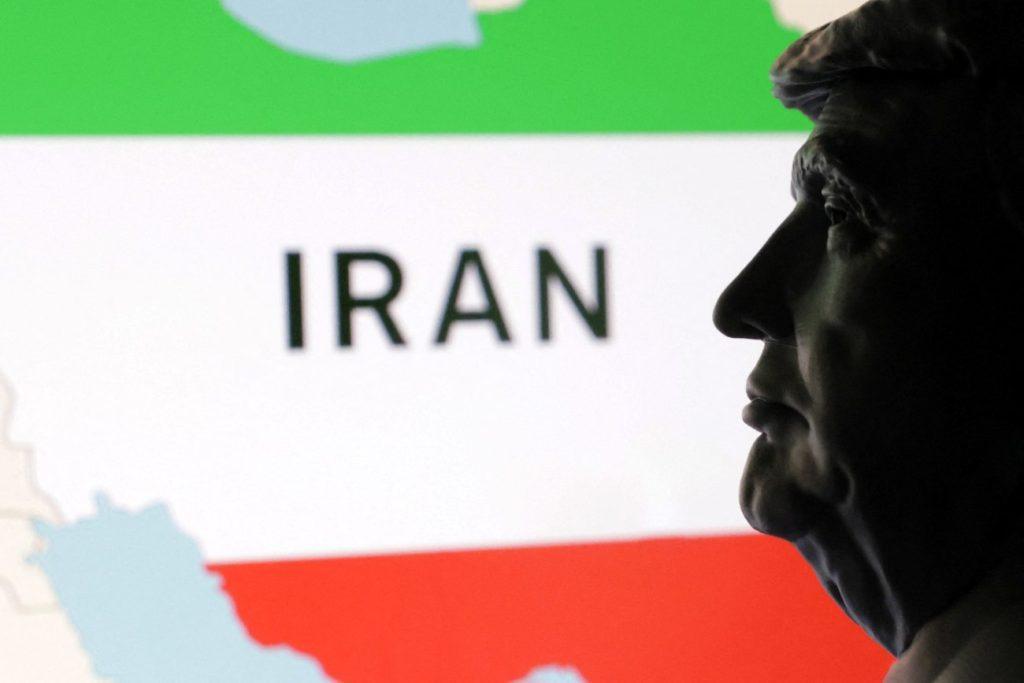The UGS study concludes that decarbonisation requires a whole new generation of zero-carbon fuels and propulsion techniques that do not yet exist. Investment in production and fuel supply infrastructure accounts for the largest share of the total costs of decarbonisation for the maritime sector. Therefore, the production of green fuels and the construction of more environmentally friendly ships are a responsibility and area of expertise outside the maritime sector, which should provide the international maritime industry with safe and fit-for-purpose propulsion techniques and maritime fuels available worldwide. Shipowners cannot perform these tasks unilaterally.
In general, the alternative energy source selected and transferred on board should have a sufficiently high energy density, compared to the energy density of VLSFO and MDO/MGO to maximise the available cargo space, but without compromising safety. These efforts require the active contribution of all actors in the supply chain, in particular fuel and energy suppliers, shipyards, maritime engine manufacturers, as well as classification societies, ports and charterers.
Research, innovation and investment are needed on issues such as availability in sufficient quantities and feasibility to ensure that shipowners can safely use these fuels globally in the near future. The first priority should be a massive R&D effort and a shift of the technological paradigm towards safe and secure alternative fuels for the future. Once new and economically viable fuels are developed, fuel and energy suppliers should start producing them and ports should have proper infrastructure. However, in the coming decades, fossil fuels will most likely remain much cheaper than zero-carbon alternatives, unless the former are heavily taxed or the latter are subsidised (or both). In general, the macroeconomic impact of fuel on ships is becoming much more expensive, as is the construction of the vessels themselves. Just as major of an issue is the disruption and economic consequences of moving away from a universal fuel for maritime shipping, where fossil fuels have been established over the last 70–80 years, and the introduction of a number of new fuels and technologies. At first sight, it appears that technologies that capture most or all of the carbon dioxide (CO2) from fossil fuels will cause less disruption; this is an issue that should be further explored. It is worth noting that orders for newly built ships with delivery dates in 2023/2024 mainly consist of seagoing ships with dual-fuel ready engines that are compatible with NOx Tier III emissions, although these vessels are undoubtedly more expensive.
The study concludes by pointing out that depending on the fragmentation or not of the future fuel landscape and the length of the transition period towards a new situation, the shift to a multi-fuel future may in fact herald the end of low-cost maritime trade and its basic backbone, the international model of bulk/tramp shipping, which is responsible for over 84% of the global transport work (in ton-miles).
